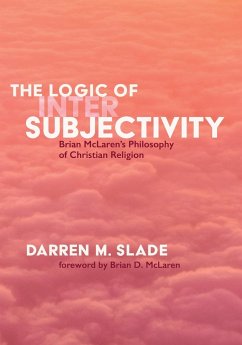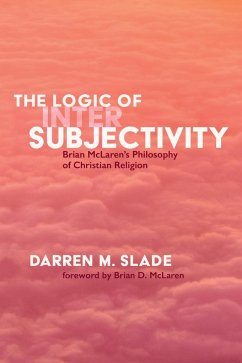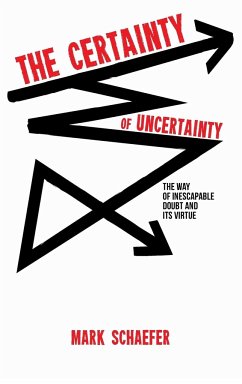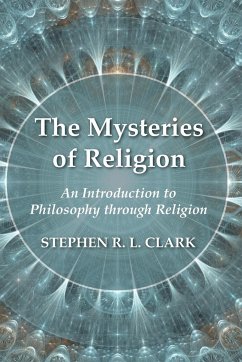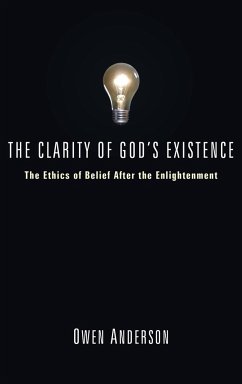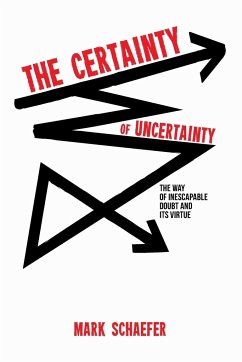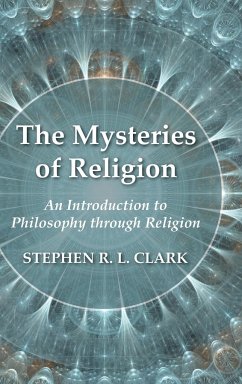To survey harsh criticisms against Brian Douglas McLaren (1956¿), readers gain the inaccurate impression that he is a heretical relativist who denies objective truth and logic. While McLaren's inflammatory and provocative writing style is partly to blame, this study also suspects that his critics base much of their analyses on only small portions of his overall corpus. The result becomes a caricature of McLaren's actual philosophy of religion. What is argued in this book is that McLaren's philosophy of religion suggests a faith-based intersubjective relationship with the divine ought to result in an existential appropriation of Christ's religio-ethical teachings. When subjectively internalized, this appropriation will lead to the assimilation of Jesus' kingdom priorities, thereby transforming the believer's identity into one that actualizes Jesus' kingdom ideals. The hope of this book is that by tracing McLaren's philosophy of Christian religion, future researchers will not only be able to comprehend (and perhaps empathize with) McLaren's line of reasoning, but they will also possess a more nuanced discernment of where they agree and disagree with his overall rationale.

